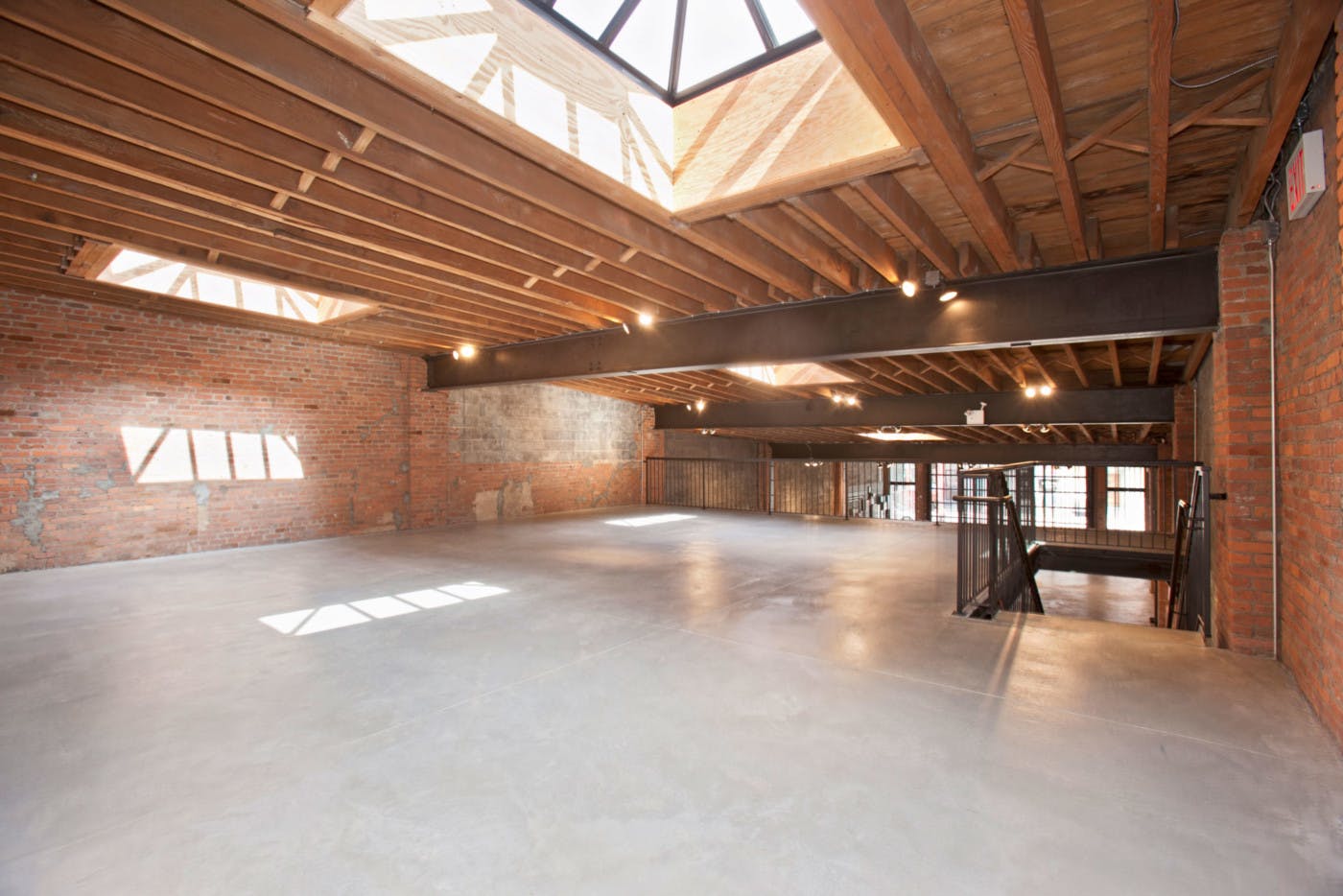
 Insider’s Outlook
Insider’s Outlook
The New York State Liquor Authority (SLA)/Division of Alcohol Beverage Control (ABC) has a classification system capable of coding and registering up to more than 70 different classes of Liquor License, with two distinctive methods of categorization: whether the license is a “Full License,” allowing the sale of all forms of liquor, or a “Beer and Wine License” only, and whether the liquor license is an “On Premise License” or “Off Premise License.”
An On Premise License allows the sale and consumption of liquor inside an establishment, suitable for restaurants, bars and hotels. An Off Premise License excludes on-site consumption, and is for wholesalers and retailers such as liquor or grocery stores.
Community Boards are extensively involved with reviewing On Premise License applications. Applicants must notify the local Board 30 days prior to submission to the SLA. The Board takes this time to invite the applicants and their neighbors to a committee meeting, where the applicants’ business plans are discussed. Recommendations (approval, denial, or direction to change the business plan) will be made upon evaluating the impact of the business on the local community, and then will be submitted to the SLA for consideration.
Opposition from the Community Board usually means either a temporary or permanent stop sign. The cases where applicants for Liquor License are able to bypass the Community Board’s recommendations are rare. Although the SLA is under no obligation to comply with the Board’s recommendations, they must be considered. The most difficult Community Boards in the Manhattan area include Community Board 2 (SoHo, NoHo, Lower East Side, Chinatown, and Little Italy) and Community Board 3 (East Village and Two Bridges).
No On Premises License will be issued by the SLA if the premises are within 200 feet of a school or place of worship, unless the location was licensed prior to the existence of the school or place of worship, and has been continuously licensed since.
If the new venue will be within 500 feet of three or more existing liquor-licensed establishments, the SLA must hold a public hearing to determine if the new licensee will be in the public interest. This rule applies only to businesses that will serve hard liquor.
Legal assistance is not required for the application process but in practice is necessary. It is best to use a firm specializing in liquor license law. The wait for approval after submitting all the required documents is expected to last about six weeks as formally stated by SLA, but in reality the process can sometimes take many months.
The timing and other unknowns involved in obtaining a liquor license adversely affects the dynamic of commercial leasing. Restaurant owners often want their lease to contain a contingency clause allowing cancellation if the Liquor License doesn’t arrive within a set period. This is at distinct odds with a landlord’s interest. Keeping a property off the market for six or more months pending license approval is unrealistic.
On the other hand, restaurant owners have understandable reservations about undertaking the cost of renovation until they are certain of getting a license. This push/pull is often resolved with a Community Board approval contingency. This precursor to formal SLA approval can be obtained quickly, often within a month, and often before a formal lease is executed. It is the preferred solution to a perplexing problem.
To speed the application process, the SLA recently launched a new self-certification program, allowing attorneys to certify that the provided documents are true and accurate and that the application meets all statutory requirements. This program is intended toward retail vendors only.
Earlier this year newspaper accounts reported that some SLA employees were fast-tracking liquor licenses in exchange for gratuities from licensing lawyers. The SLA Harlem Office was raided and all 24 employees at the bureau were questioned about this alleged bribery scheme.
According to the October 27, 2009 article in the New York Times (State Liquor-License Delays Ease, G. Collins), the wait for new liquor licenses is now four to six weeks, with the hope that this time will soon be cut further. Dennis Rosen, the newly installed chairman of the SLA, in addition to the new self-certification program, said he had hired Michael Jones, a former prosecutor in the Manhattan District Attorney’s office, to “oversee the Harlem office and clean it up.”
If true, this is incredible news and the wait for approval might cease to be the bane of lease negotiations for restaurant owners, landlords, and brokers.
However complicated, lengthy, and expensive the process might seem, prospective licensees take heart. Given the proper determination and adequate legal guidance, it’s an eminently doable task, and one with rich rewards.